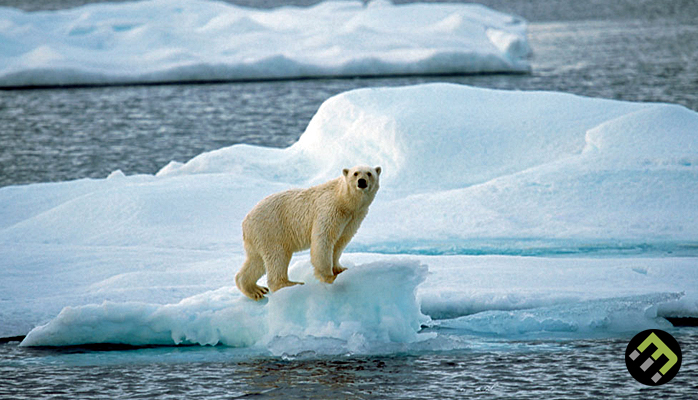How Bad is Climate Change?

Greta Thunberg (@GretaThunberg), the 16 year old from Sweden who initiated the first school strike for climate, may have a point: there is no reason to go to school, as there will be no future. Unless we act.
And as David Wallace -Wells describes in his must read book “The Uninhabitable Earth, Life After Warming”, climate change is not just a “poor people” thing: it will affect all of us.
By 2100, the UN says, we are due for about 4 to 5 degrees of warming, following the path we are on today.
Let’s look at some things that are already happening and that we can expect soon:
- Let’s start with what we probably already know: due to the melting ice sheets, sea levels will rise. By 2100 it is expected to be by at least 2 meter; and this is an optimistic number. The rise could displace 13 million Americans and many others in other parts of the world.
- Some parts of the world will become inhabitable and people have to move. The UN projects between 200 million and 1 billion climate refugees already by 2050, people with little choice but to flee. That is 30 years from now.
- According to studies, for every degree of warming, crop yields decline by 10 percent. With 5 degrees in 2100, that means that yields will be 50% lower. So it will be huge challenge to feed the expected 50% more people with 50% less.
- If yields decline by 50%, profits will decline too. That could be the end of small farms and cooperatives. Also in the Western world. According to one study, 32 countries, from Haiti to the Philippines and India to Cambodia, each heavily dependent on farming and agriculture, face “extreme risk” of conflict and civil unrest from climate disruptions over the next 30 years.
- As warmer air can hold more moisture than cooler air, we will see more and more out-of-control typhoons and tornadoes. All of these are not just tragedies, and beginning to accumulate at an unprecedented rate.
- Going forward, the planet’s air won’t just be warmer; it will also be dirtier, and more sickening. By 2100, as many as 2 billion people globally will be breathing air above the WHO “safe” level.
- March 2018 Cape Town ran practically dry due to its worst drought in decades. According to the UN, by already 2050, 50% of the world’s population could have poor access to freshwater.
- At present, oceans suck up more than a fourth of the carbon emitted by humans. That has resulted in what’s called “ocean acidification”, endangering the oceans that feed us.
- The footprint of every mosquito-borne illness is presently circumscribed, but those borders are disappearing rapidly, as the tropics expand at a rate of 30 miles per decade.
If this all strikes you as tragic, which it should, consider that we have all the tools we need, today, to stop it all: a political apparatus to aggressively phase out dirty energy; a new approach to agricultural practices and a shift away from beef and dairy in the global diet; and public investment in green energy and carbon capture, like planting trees.
Experts say our ultimate fate will be determined by what human action is taken in just the next 10 years.
What is your plan of action? Why not doing good business by doing good, e.g. planting trees?
#climateaction #SDGs #EcoMatcher #treeplanting

